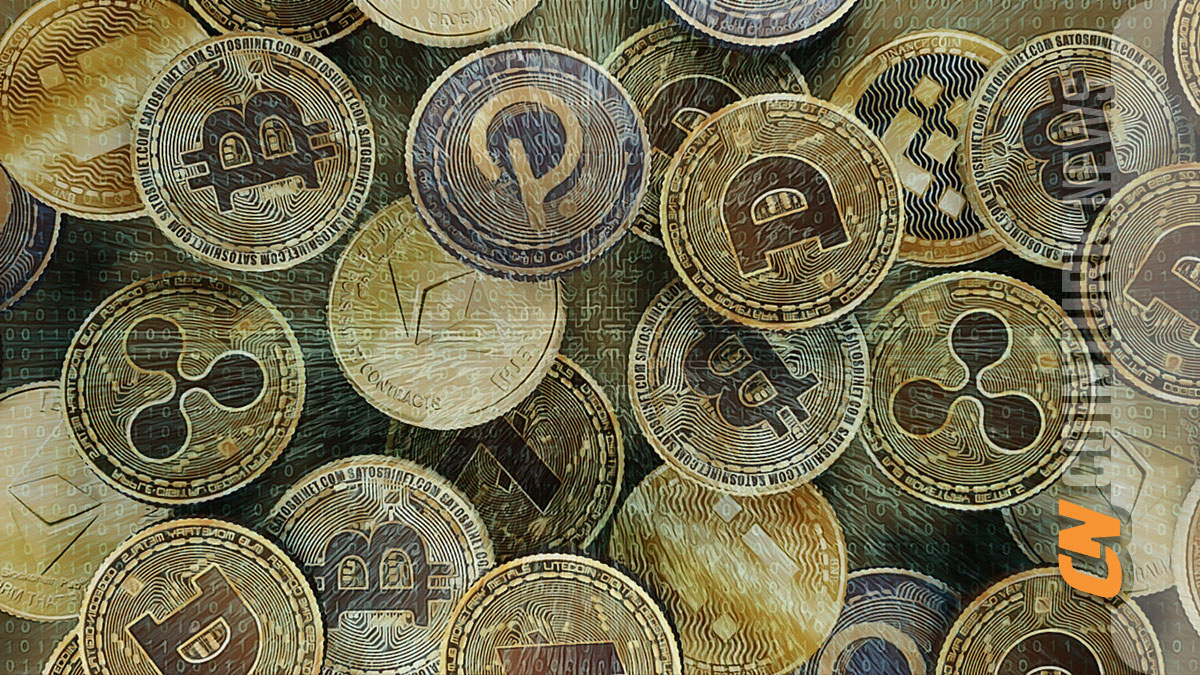Venezuela, especially with the reinstatement of US sanctions on the oil industry, is accelerating the adoption of cryptocurrency for oil exports. The state-run oil company PDVSA plans to increase the use of cryptocurrency for exporting crude oil and fuel, as sources familiar with the plan have indicated.
US Moves Could Boost Cryptocurrency Use
US Treasury Department recently gave PDVSA’s clients and suppliers until May 31 to terminate transactions under a general license that was not renewed due to the lack of electoral reforms. This move complicates Venezuela’s efforts to boost oil production and exports as companies will now need individual US permissions to conduct business with the country.
Last year, PDVSA began transitioning to cryptocurrencies like USDT (Tether), and the return of oil sanctions is accelerating this transition. The goal is to reduce the risk of sales revenues being frozen in foreign bank accounts due to sanctions.
Cryptocurrencies Could Circumvent Sanctions
Venezuela’s Oil Minister Pedro Tellechea confirmed that despite the US dollar continuing to dominate global oil transactions, cryptocurrencies could be preferred for some contracts. PDVSA’s turn to cryptocurrencies is partly due to a corruption scandal involving unaccounted receivables worth $21 billion from previous transactions with other cryptocurrencies.

Under Tellechea’s leadership, Venezuela’s oil exports have increased, reaching a four-year high of 900,000 barrels per day in March. PDVSA has shifted many spot oil deals to a contract model requiring a prepayment in USDT for half the value of each cargo.
Additionally, PDVSA now mandates that new clients hold cryptocurrency in a digital wallet, even in contracts that do not explicitly mention the use of cryptocurrencies. This requirement has led to reliance on intermediaries to meet crypto transaction demands.
Use of Intermediaries
While the use of intermediaries could help PDVSA circumvent sanctions, it may result in the company receiving a smaller share of oil revenues. Despite these challenges, Minister Tellechea continues to rely on PDVSA’s trading capabilities and commercial readiness to manage the return of US sanctions.
However, oil analysts predict that even if the US government immediately grants individual permissions, Venezuela’s oil production, exports, and revenue are likely to stagnate. Minister Tellechea, however, rejects this view, emphasizing that PDVSA is ready to address the impact of sanctions.

 Türkçe
Türkçe Español
Español









